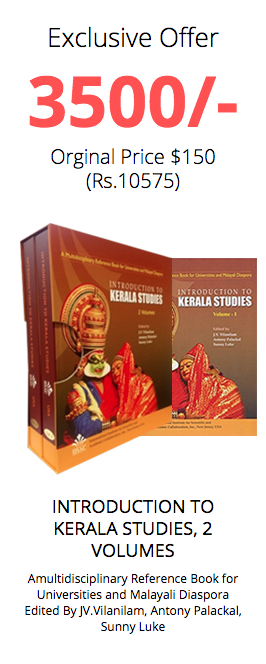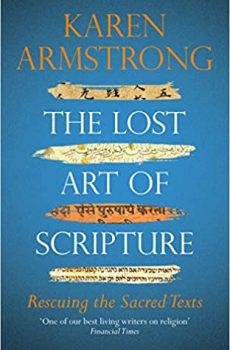
THE LOST ART OF SCRIPTURE
599.00₹ 569.00₹
An amazingly wide-ranging book, showing that the world’s religious texts can be a force for good today’ John Barton, author of A history of the Bible in our increasingly secular world, holy texts are at best seen as irrelevant, and at worst as an excuse to incite violence, hatred and division. The Quran, the torah and the Bible are often employed selectively to underwrite arbitrary and subjective views. They are believed to be divinely br>Ordained; they are claimed to contain eternal truths. But as Karen Armstrong, a world authority on religious affairs, shows in this fascinating journey through millennia of history, this narrow reading of scripture is a relatively recent phenomenon. Armstrong argues that only by rediscovering an open engagement with their holy texts will the world’s religions be able to curtail arrogance and intolerance. And if scripture is used to engage with the world in more meaningful and compassionate ways, we will find that it still has a great deal to teach us
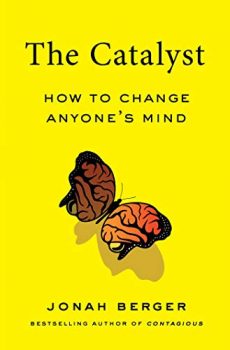
CATALYST: HOW TO CHANGE ANYONES MIND
599.00₹ 569.00₹
Everyone has something they want to change. Marketers want to change their customers’ minds and leaders want to change organisations. Start-ups want to change industries and nonprofits want to change the world. But change is hard. Often, we persuade and pressure and push, but nothing moves. Could there be a better way?
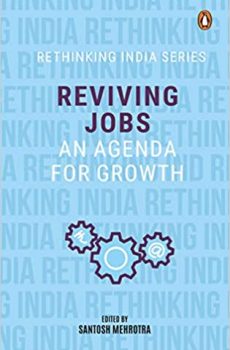
REVIVING JOBS: AN AGENDA FOR GROWTH
599.00₹ 569.00₹
Every country in the world experiences the benefits of its demographic dividend, a period that comes but once in the life of a nation-when the share of the working-age population is larger than the non-working-age share. It has the potential to make a country progress towards higher incomes and development. But it can also become a nightmare if there aren’t enough jobs.
India entered this period in 1980, and by the time it ends in 2040, ours will be an ageing society. As more and more youth reach working age, an increasing number of workers are moving from agriculture towards industry and services, sectors which have higher productivity and incomes. Higher incomes generate increased savings, which, when invested, convert into GDP growth, leading to development.
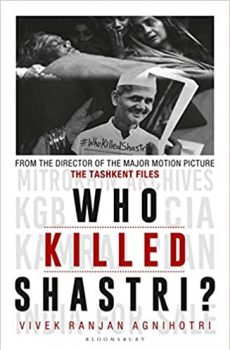
WHO KILLED SHASTRI? THE TASHKENT FILES
699.00₹ 665.00₹
It was the time of the Cold War. After defeating Pakistan in the second biggest armed conflict since the Second World War, Indian Prime Minister Lal Bahadur Shastri arrived in Tashkent, former USSR, to sign a peace accord. After days of extended negotiations, the peace agreement was signed between India and Pakistan in the presence of Alexei Kosygin, the USSR Premier.
Hours later, at 1.32 AM, Shastri died in his dacha. Abruptly. Mysteriously.
Soon after, his official Russian butler and the Indian cook attached to the Indian ambassador were arrested by the Ninth Directorate of the KGB under the suspicion of poisoning Shastri.
No post-mortem was done. No confession was achieved. There was no judicial enquiry ever. It’s been 50 years since his death, and we still don’t know the truth.
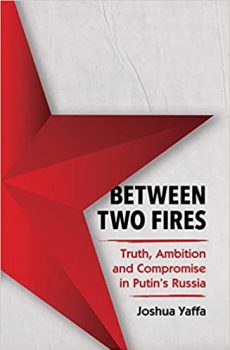
BETWEEN TWO FIRES:TRUTH, AMBITION AND COMPROMISE IN PUTINS RUSSIA
799.00₹ 765.00₹
Between Two Fires chronicles the lives of eight ambitious Russians – from politicians and entrepreneurs to artists and historians – who have built their careers and constructed their identities in the shadow of the Putin system, where astonishingly, Putin’s approval rating remains at 80%. Torn between their own ambitions and the omnipresent demands of the state, some muster cunning and cynicism to extract privileges from those in power while others are broken or demoralized. For each, the question of compromise – where to bend, how much, and in the service of what goal – is ever-present. The result is an intimate and probing portrait of the way citizens shape their lives around the demands of a capricious and repressive state, which offers urgent lessons about the nature of modern authoritarianism.
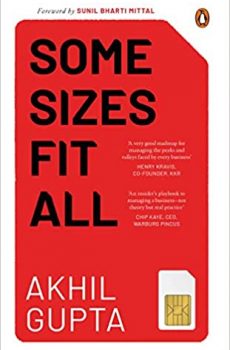
SOME SIZES FIT ALL
599.00₹ 569.00₹
An oft-repeated dictum every time a company fails to replicate its past successes when introducing a new product or entering a new market is that one size does not fit all. Business gurus advise that every new situation, market and environment calls for a fresh approach and requires ‘unlearning’ what one might have learnt elsewhere, even if that had met with great success. While this statement may appear to be obvious, it is often quoted out of context. The fact is that certain fundamentals of business-irrespective of line of business, geography or scale-are universally applicable.
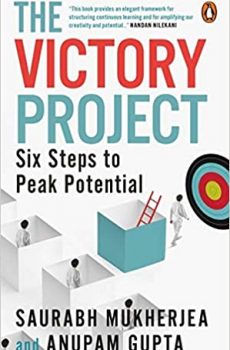
THE VICTORY PROJECT: SIX STEPS TO PEAK POTENTIAL
599.00₹ 569.00₹
India’s economy has tripled in size over the past twenty years. And yet, the generation that propelled this growth is facing rising levels of stress and depression. Furthermore, the new generation entering the workforce today dreams big but faces a highly competitive work environment. How can both these generations fire on all cylinders and lead fulfilling lives? This book attempts to answer this question by using the principles of Simplicity, Specialization, Creativity and Collaboration. It delves into a treasure trove of material from global gurus as well as from highly successful Indian and American professionals, and it draws on the authors’ own careers to show how readers can apply these principles to the fields of business and investment, even to life itself. The Victory Project is the ultimate guide to surviving and thriving in the professional and social domains, which are increasingly becoming tough, competitive, often cutthroat and deeply political.
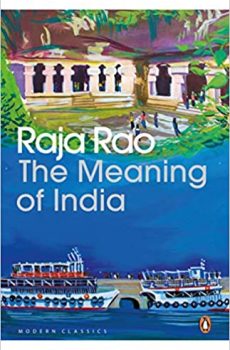
THE MEANING OF INDIA
399.00₹ 369.00₹
First published in 1996 when he was eighty-eight years old, this selection of nearly six decades of Raja Rao’s non-fiction is an audacious contemplation on the deeper significance of India. A combination of fables, journeys, discussions and meditations, The Meaning of India advances the view that India is not just a geographical entity, or even a civilization-state. India is, above all, a metaphysic, a way of being and regarding the self and the world.
Drawing on a wide range of sources-including the Vedas, the Upanishads, the Ramayana, the Mahabharata, the Gita, the Buddha, Sankara, Bhartrihari, Kalidasa, Dostoevsky, Valéry, Rilke, Mann and Mallarmé-as also meetings with Gandhi, Nehru, Forster and Malraux, Rao teases out the implications of Advaita or non-dualism, which he regards as India’s unique contribution to the world.
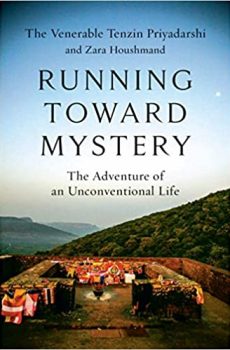
RUNNING TOWARD MYSTERY: THE ADVENTURE OF UNCONVENTIONAL LIFE
599.00₹ 569.00₹
Born in India to a prominent Hindu Brahmin family, the Venerable Tenzin Priyadarshi was only six years old when he began having visions of a mysterious mountain peak, and of men with shaved heads wearing robes the color of sunset. And so at the age of ten, he ran away from boarding school to find this place-taking a train to the end of the line and then riding a bus to wherever it went.
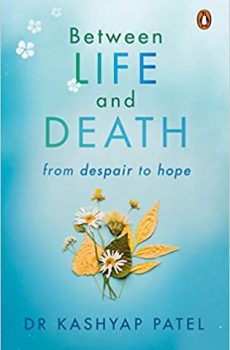
BETWEEN LIFE AND DEATH: FROM DESPAIR TO HOPE
499.00₹ 469.00₹
Dr Kashyap Patel is a renowned oncologist in the US who works with terminally ill cancer patients. Through him, we meet Harry, who, after a life full of adventure, is diagnosed with terminal lung cancer. As he stares death in the face, Harry leans on Dr Patel, an expert in understanding the process of death and dying. His questions and fears are addressed through the stories of many other patients that Dr Patel has treated-from the young and vivacious to those who had already lived full lives, from patients who could barely afford their rent to those who had been wildly successful. What ties these stories together is the single thread of the lessons Harry learns along the way, lessons that ultimately enable him to plan his own exit from the world gracefully-dying without fear.
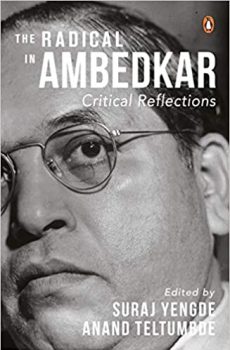
THE RADICAL AMBEDKAR: CRITICAL REFLECTIONS
999.00₹ 899.00₹
This landmark volume, edited and introduced by Anand Teltumbde and Suraj Yengde, establishes B.R. Ambedkar as the most powerful advocate of equality and fraternity in modern India. While the vibrant Dalit movement recognizes Ambedkar as an agent for social change, the intellectual class has celebrated him as the key architect of the Indian Constitution and the political establishment has sought to limit his concerns to the question of reservations. This remarkable volume seeks to unpack the radical in Ambedkar’s legacy by examining his life work from hitherto unexplored perspectives. Although revered by millions today primarily as a Dalit icon, Ambedkar was a serious scholar of India’s history.
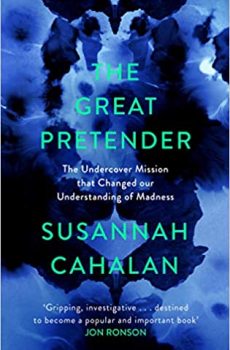
THE GREAT PRETENDER
799.00₹ 759.00₹
For centuries, doctors have struggled to define mental illness – how do you diagnose it, how do you treat it, how do you even know what it is? In search of an answer, in the 1970s a Stanford psychologist named David Rosenthal and seven other people – sane, normal, well-adjusted members of society – went undercover into asylum around America to test the legitimacy of psychiatry’s labels. Forced to remain inside until they’d ‘proven’ Themselves sane, all eight emerged with alarming diagnoses and even more troubling stories of their treatment. Rosenhan’s watershed study broke open the field of psychiatry, closing down institutions and changing mental health diagnosis forever. But, as cahalan’s explosive new research shows, very little in this saga is exactly as it seems. What really happened behind those closed asylum doors, and what does it mean for our understanding of mental illness today?.
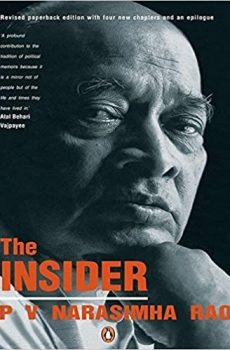
THE INSIDER
850.00₹ 785.00₹
The Insider is an account of the political scenario of India during the time of the former Prime Minister P.V. Narasimha Rao, who is the author of the book. The novel is based on a fictional state called Afrozabad, which is modelled on the actual state of Hyderabad.
In the story, the author talks about the shocking but true political happenings in the country that he witnessed during his tenure. The plot centers around a character called Anand, a young man who gives up a lucrative career in the hopes of bringing about political reformation. He begins his political career by contesting against the oppressive ruling party. Next, he reaches a spot where he has to choose between the current Chief Minister and his rival. His rival soon wins the post of CM, and he is made to serve under him. Anand then moves to Delhi, at a time when Indira Gandhi takes over the reigns of power. Under her governance, the tables turn, for Anand now replaces his rival Chaudhary and becomes the Chief Minister of Afrozabad. He then has to run the political show under her regime.
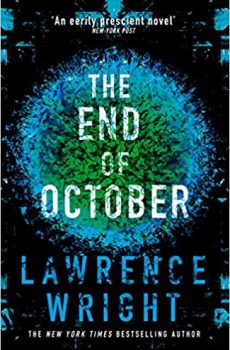
THE END OF OCTOBER
699.00₹ 669.00₹
At an internment camp in Indonesia, forty-seven people are pronounced dead with a mysterious fever. When Dr Henry Parsons – microbiologist and epidemiologist – travels there on behalf of the World Health Organization to investigate, what he finds will soon have staggering repercussions across the globe: an infected man is on his way to join the millions of worshippers in the annual Hajj to Mecca.
As international tensions rise and governments enforce unprecedented measures, Henry finds himself in a race against time to track the source and find a cure – before it’s too late ,
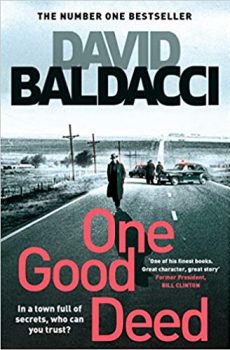
ONE GOOD DEED
450.00₹ 425.00₹
Murder and family secrets, a touch of romance and deeply-felt revenge – with the twist of all twists – make up the perfect page-turning thriller, One Good Deed, from one of the world’s bestselling thriller writers
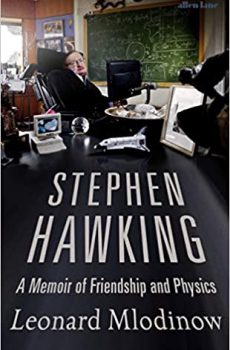
STEPHEN HAWKING: A MEMOIR OF FRIENDSHIP AND PHYSICS
699.00₹ 669.00₹
An icon of the last fifty years, Stephen Hawking seems to encapsulate genius: not since Albert Einstein has a scientific figure held such a position in popular consciousness. In this enthralling memoir, writer and physicist Leonard mlodinow tells the story of his friend and their friendship, offering an intimate account of this giant of science. The two met in 2003, when Stephen asked Leonard if he would consider writing a book with him, the follow up to the bestselling a brief History of time. As they spent years working on a second book, The grand design, they forged a deep connection and Leonard gained a much better understanding of stephen’s daily life and struggles – as well as his compassion and good humour. Together they obsessed over the perfect sentence, debated the Physics, and occasionally punted on cambridge’s waterways with Champagne and strawberries. In time, Leonard was able to finish stephen’s jokes, chide his sporadic mischief, and learn how the hardships of his illness helped forge that unique perspective on the universe.
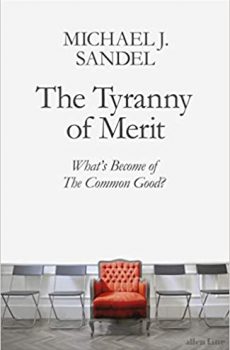
THE TYRANNY OF MERIT: WHATS BECOME OF THE COMMON GOOD
799.00₹ 759.00₹
These are dangerous times for democracy. We live in an age of winners and losers, where the odds are stacked in favour of the already fortunate. Stalled social mobility and entrenched inequality give the Lie to the promise that “you can make it if you try”. And the consequence is a brew of anger and frustration that has fuelled populist protest, with the triumph of Brexit and election of Donald Trump. Michael J. Sandel argues that to overcome the polarized politics of our time, we must rethink the attitudes toward success and failure that have accompanied globalisation and rising inequality. Sandel highlights the hubris a meritocracy generates among the winners and the harsh judgement it imposes on those left behind. He offers an alternative way of thinking about success – more attentive to the role of luck in human affairs, more conducive to an ethic of humility, and more hospitable to a politics of the common good.
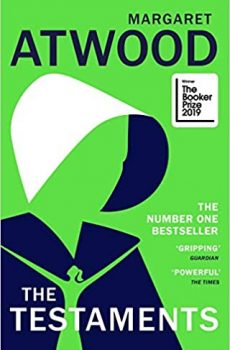
THE TESTAMENTS
499.00₹ 469.00₹
The number 1 bestseller and winner of the Booker Prize ‘the testaments is Atwood at her best… To read this book is to feel the world turning’ Anne Enright the Republic of Gilead is beginning to rot from within. At this crucial moment, two girls with radically different experiences of the regime come face to face with the legendary, ruthless aunt Lydia. But how far will each go for what she believes? ‘Everything the handmaid’s tale fans wanted and more. Prepare to hold your breath throughout, and to cry real tears at the end’ stylist ‘Atwood challenges us constantly and poses the question that lies like a Pearl inside the shell of this frighteningly readable novel, “before you sit in judgement, how would you behave in Gilead?’’’ Sunday Telegraph.
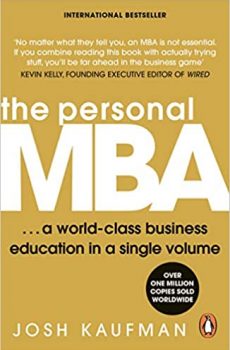
THE PERSONAL MBA A WORLD CLASS BUSINESS EDUCATION IN A SINGLE VOLUME
699.00₹ 665.00₹
True leaders aren’t made by business schools. They make themselves getting a MBA degree has become difficult to justify not just because of the large price tag but also because of the growing impracticality. Even the elites like Harvard and Wharton offer outdated, assembly-line programs that teach you more about power point presentations than about how business really works. For ten years, Josh Kaufman’s the personal MBA has served as an effective alternative introducing hundreds of thousands of readers to the most powerful business concepts of all time. He shares the essentials of entrepreneurship, marketing, sales, negotiation, operations, productivity, systems design, and much more, in one comprehensive volume.
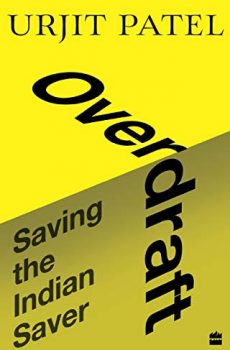
OVERDRAFT: SAVING THE INDIAN SAVER
599.00₹ 569.00₹
All of us love to spend. But before we can do that, we have to have earned or saved some money. Only sovereigns don’t have to: they can print money, or borrow; in our country, where they own banks, they can use our deposits to lend and splurge for goals that may not always be economic in nature. Many rulers have succumbed to the temptation, with dire results – inflation, debased currency, payments crises, bankrupt banks, economic stagnation, loss of public confidence. After centuries of ruinous experiences, some governments learnt, others haven’t, to control themselves, create self-governing Central banks and let them manage money and regulate banks.

